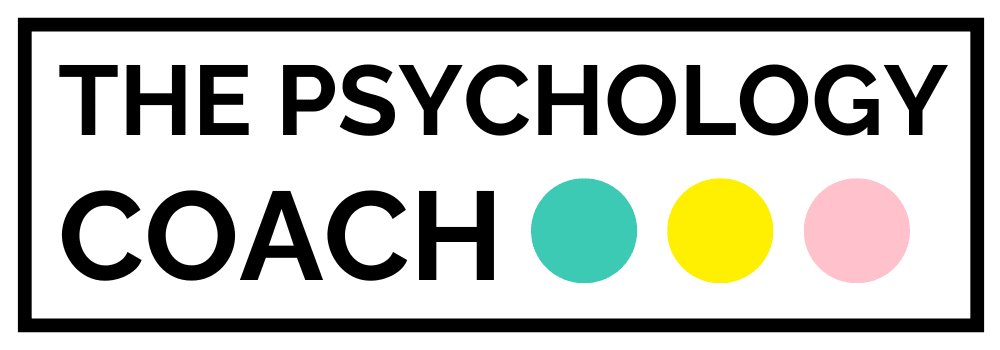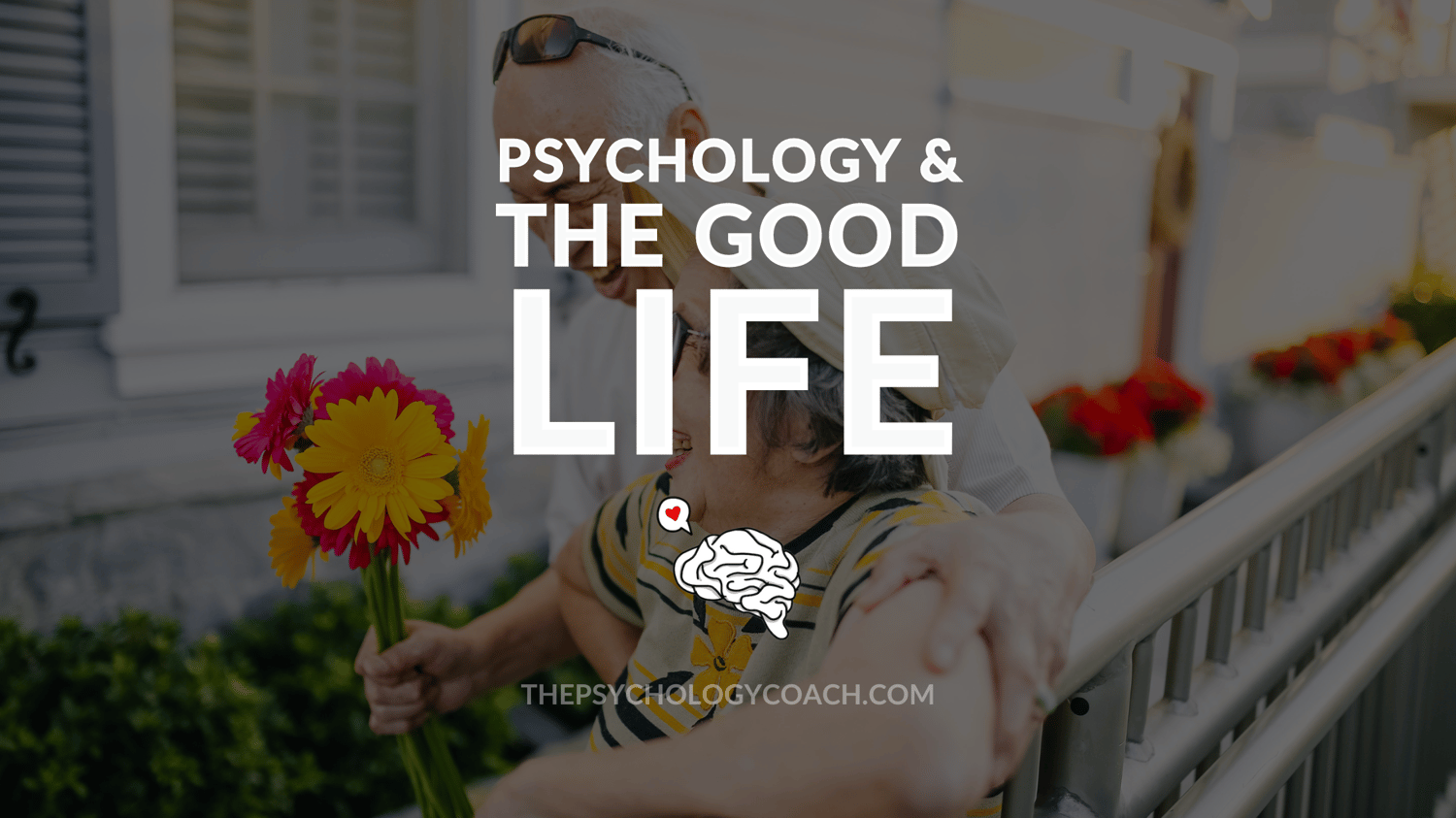Positive Psychology is a section within the psychological sciences. It studies the strengths and virtues that allow us as individuals, communities and institutions to thrive. At the core of Positive Psychology is the assumption that human beings are motivated to:
- pursue meaningful and fulfilling lives
- cultivate and nurture the best version of themselves
- improve quality of life by making better daily decisions
Martin Seligman and Christopher Peterson contributed to studying positive traits and qualities by elaborating "a manual of sanities" as they called it. They intended to raise awareness of the fact that we knew much more about what is wrong than what is right when it comes to psychological health.
In their 2004 pioneering handbook "Character Strengths and Virtues", Seligman and Peterson are quite critical of the then-adopted perspective on mental health by psychologists and psychiatrists. They wrote, "the National Institute of Mental Health (NIMH) should really be called the National Institute of Mental Illness because it devotes but a fraction of its research budget to mental health" (p. 4).
As opposed to the Diagnostic and Statistical Manual of Mental Disorders (DSM), Seligman and Peterson's "manual of sanities" focuses on the strengths of character (positive psychological traits) that make a "good life" possible. It emerges from the framework of Positive Psychology which aims to focus on strengths as on weaknesses, on building excellence as in repairing the worst.
Both Seligman and Peterson agreed that character strengths are an important pillar of what makes us human. In their perspective, to achieve psychological health and well-being as a species, it is necessary to act in a way that is congruent with these strengths. These ideas were not new though as we'll see next.
From Ancient Philosophy to Positive Psychology

Questions about the role of virtue and the "good life" were a hallmark of Ancient Greek Philosophy. What makes a person good? What makes life worthwhile? Socrates, Plato and Aristotle were among the very first well-known Greek philosophers to bring character and virtue to the spotlight.
Plato and Aristotle established the foundation of the four cardinal virtues we know today: wisdom, temperance, courage, and justice. These were then adopted and framed by different philosophical schools and religious movements such as Stoicism and Christianity, respectively.
It is important to note here that virtues were initially perceived as inner qualities rather than actions that denote compliance to any sort of law system. To put it simply, the virtuous life was seen as a natural, conscious way of living instead of a moral obligation to do the right things.
Just because someone does the right things (e.g. goes to church every Sunday and gives money to charity), it does not mean that person is inherently good from a virtue-based point of view. What we do matters but so does why we do it and who we are.
Positive Psychology aims to bring back the focus to the idea that "virtues pertain to people and the lives they lead" (Seligman & Peterson, 2004, p. 10) while also applying quantitative and qualitative research methods to better understand and describe what a good, meaningful life is.
Classification and Measurement of Character Strengths

Based on an extensive literature review, Seligman and Peterson established a classification of character strengths that contain 24 positive traits. These traits were then categorised under 6 virtues that were shown to be salient across cultures and time. These include:
- wisdom and knowledge
- courage
- humanity
- justice
- temperance
- transcendence
According to Seligman and Peterson (2004), a good person is expected to score above a certain threshold value across these virtues. The contribution of Psychology has been to create measuring tools that allow us to quantify and establish relationships between virtues, character strengths and different high-value outcomes such as well-being, quality of life and productivity.
Thanks to research conducted so far, we know that the development of character strengths is positively associated with greater personal, interpersonal and social well-being. This means that interventions that target the development of positive psychological strengths (e.g. courage) can produce outcomes that can go way beyond the individual level.
Character Strengths and the "Good Life"

In his book Authentic Happiness (2002), Seligman shed light on a tripartite view of what it means to be happy and lead a "good life". His perspective stems from a very old debate that opposes hedonism (or pleasure) to eudaimonism (or meaning) and it is meant to help us reflect on the kind of life we are living.
Based on Seligman's theory, there are three ways or paths to achieve happiness:
- The Pleasant Life, which motivates us to minimize what brings us suffering and maximize what pleases us;
- The Engaged Life, which drives us to pursue activities that induce us into states of flow and deep creativity;
- The Meaningful Life, which invites us to explore our need for belonging and serve a higher purpose that may or not be tied to a group or a belief system
To lead a fulfilling life, Seligman believes we need a balance of all three approaches. We need to feel good, to be engaged, and to have a certain sense of purpose and meaning in life. Research has shown that all three contribute to greater well-being and perceived life quality, with the combination of engaged and meaningful being the strongest predictors.
When it comes to strengths, the Pleasant Life has been mainly associated with humour, zest, hope, social intelligence, and love. The Engaged Life seems to be mainly related to strengths such as zest, curiosity, hope, perseverance, and perspective. The Meaningful Life has been shown to involve traits such as spirituality, gratitude, hope, zest, and curiosity.
Conclusion
The embodiment of virtues and character strengths is proven to generate several positive outcomes on multiple levels of our human existence. By identifying and working on our character strengths, we are not only threading a path toward greater personal well-being but also planting seeds that hold the power to transform relationships, communities and even organizations. I believe this can be a good life to live for.
If you want to know how you score on different virtues and positive psychological traits, I invite you to take a free VIA Character Strengths Survey. I will personally e-mail you your Top 5 Strengths and some suggestions you can use to expand and use your strengths on a more regular basis.



Comments ()